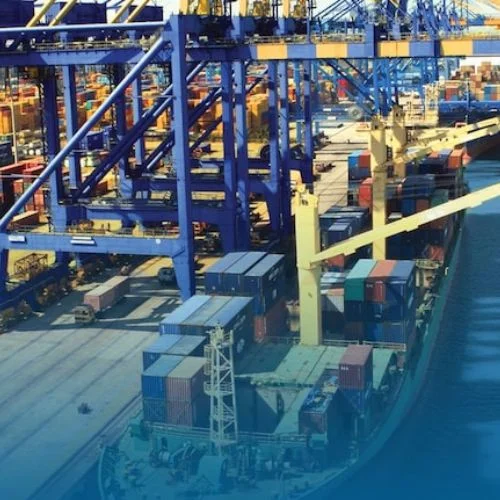Industry data indicated that during the first half of fiscal 2023–2024, refiners curtailed purchases from the Middle East, cementing Moscow’s position as the major supplier of oil to India, which increased its share of Russian oil to almost two fifths of the country’s total imports.
Following the Russian invasion of Ukraine, Western countries ceased purchasing discounted Russian seaborne oil, and India—the third-largest oil importer and user in the world—became the main customer of this oil.
Following Saudi Arabia‘s decision to extend its voluntary output cutbacks through the end of this year, Middle Eastern supplies are also expected to become even more scarce, forcing India to explore other options.
From April to September, or the first half of fiscal 2023–2024, India imported 1.76 million barrels per day (bpd) on average of Russian oil, more than double the roughly 780,000 bpd imported during the same period last year, according to tanker data from industry sources.
According to the data, India’s imports from Russia increased to 1.54 million bpd last month, up 11.8% from August and 71.7% from a year earlier. The imports had decreased in July and August.
From April to September, Saudi Arabia and Iraq were India’s main oil suppliers, followed by Russia.
From April to September, India’s imports from Saudi Arabia and Iraq decreased by around 23% and 12%, respectively, to 928,000 and 607,500 bpd.
Middle Eastern oil imports fell by almost 28% to 1.97 million barrels per day between April and September of last year, accounting for 44% of India’s total oil imports, down from 60% the same time the previous year.
According to the data, the proportion of oil coming from the Commonwealth of Independent States (CIS), which comprises Russia, Kazakhstan, and Azerbaijan, nearly doubled to 43%, mostly as a result of increased purchases from Moscow.
The proportion of OPEC’s total imports into India fell to its lowest level in 22 years as a result of decreased purchases from the Middle East.
Furthermore, according to news agency Reuters, the Indian government’s discomfort with allowing state-controlled refiners to pay for the significant imports of Russian oil it has incurred in Chinese yuan “has held up the payment for at least seven cargoes.”
For the most part, Indian refiners were still paying for their Russian oil purchases with dollars and dirhams.















